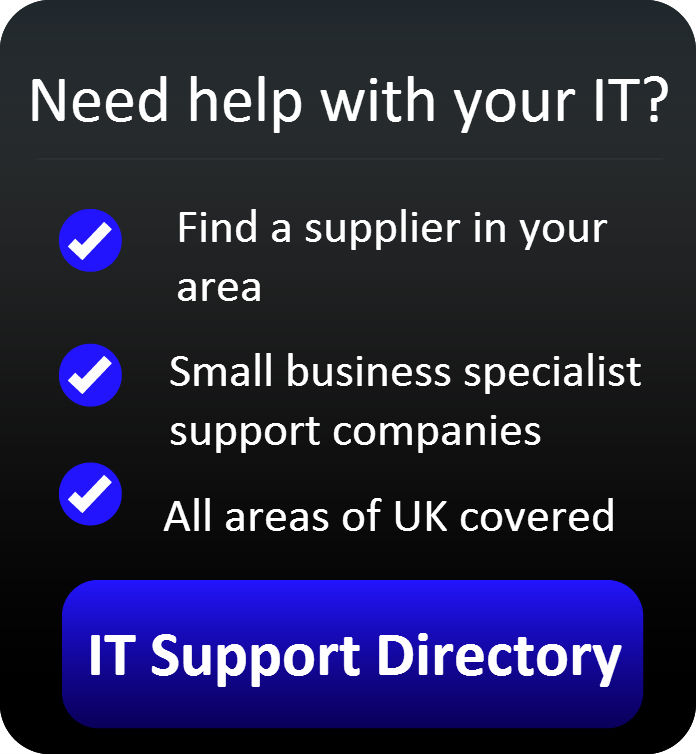Beginner’s guide to the cloud

Cloud computing might sound like another new-fangled IT development, but in reality much of the basic technology has been around for years. So what exactly is it, how can it help your business and is it worth the investment?
Put simply, cloud computing is a way of using the internet to carry out tasks you typically perform on your computer - such as storing and sharing information.
Instead of purchasing software and having to install it on your computer, the applications are hosted on secure servers that you access over the internet ― ‘in the cloud’.
You can use the software and input or extract data via your browser (like Google Chrome or Internet Explorer). Because the software and services are delivered over the web, you generally don't need a network server in your business.
While cloud computing might be a buzzword, the concept has been around for a while according to Robert Epstein, head of small business sales and marketing at Microsoft UK.
“Anybody using hosted web servers for a business website for example, is already using cloud computing,” he explains.
“What is new is the huge and growing variety of software, and the fact that cloud is now much more effective because of greater bandwidth and faster connections.”
Using cloud technology
Typically, businesses will pay a cloud provider — such as Google or Microsoft — a monthly fee, based on what software or services they want to use.
The applications commonly used by small firms include email, customer relationship management software, accounting software and databases. Importantly, the technology also allows firms to store files on a secure internet-hosted server.
Costs vary depending on the services you require, but Microsoft’s small business package costs around £8 per user per month and includes email, data sharing and web conferencing.
Flexible IT solutions
“Cloud computing can offer small businesses a lot of flexibility,” says Epstein. “It’s accessible anywhere, anytime from any device that connects to the internet.”
It can also be good value for money. Rather than buying software to load on to your individual computer or network, you simply pay a monthly fee.
Equally, using a cloud provider means you do not have to worry about ongoing upgrades or maintainance of your IT facilities.
“This can help you operate on a more level playing field with big companies, because you can access the latest, sophisticated software without high levels of investment,” explains Epstein.
Cloud services
There are many cloud computing services to choose from. These are some of the most popular:
- Dropbox - helps you backup and share files with others.
- Office 365 - the cloud version of Microsoft's Office suite.
- QuickBooks Online - cloud accounting software from Intuit.
- Salesforce - customer relationship management (CRM).
Drawbacks of cloud computing
However, it is worth remembering that because cloud computing requires an internet connection it may be difficult or even impossible to work in certain situations. For example, if your internet connection is down you may not be able to access critical data.
It is essential to use a reputable provider and check service level agreements carefully before signing. “Make sure they have the technical capability to deal with your business needs and always ask about their security standards,” emphasises Epstein.
“There’s no point changing your IT set-up for the sake of it,” he concludes. “But if your email package is a bit slow or you’re thinking about upgrading, it’s worth looking into.”




